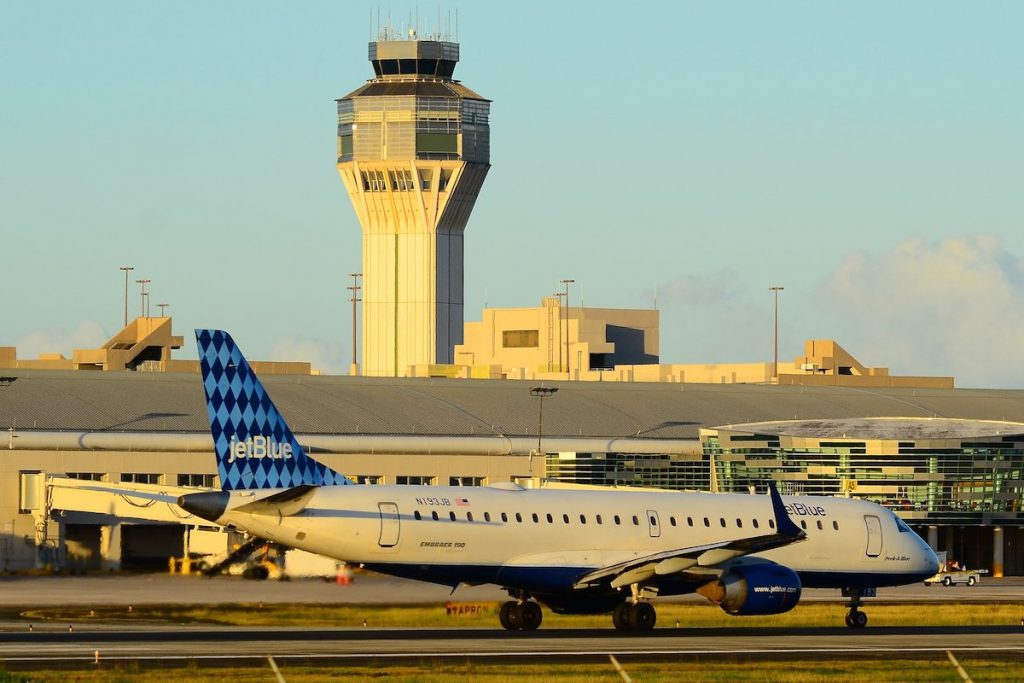India-based hotel ownership and asset management platform Samhi Hotels has refiled draft papers with the Indian stock market regulator Securities and Exchange Board of India (SEBI) to raise an initial public offering (IPO) of around $120 million.
The Goldman Sachs-backed company that operates hotel chains like Marriott, Hyatt and IHG in India, had earlier filed a draft red herring prospectus with SEBI in September 2019 to raise around $238 million.
Samhi had obtained the markets regulator approval in November 2019, to float the initial share-sale, but the company at that time did not go ahead with the launch.
Last week, while reporting the Yatra earnings, Skift had talked about the subdued sentiments in the Indian stock market, as a result of which many companies wanting to launch their IPOs were said to be in a “wait-and-watch” mode.
Hospitality platform Oyo too disclosed last week that it is reducing the size of its proposed initial public offering to between $400-$600 million, a steep reduction from its earlier plan of $1.1 billion.
The company would be using net proceeds from the IPO towards the repayment of debt of the firm and its subsidiaries, payment of interest and other general corporate purposes.
As of February 2023, Samhi Hotels has the third-largest inventory of operational keys (owned and leased) in India. The company has a portfolio of 3,839 keys across 25 operating hotels in 12 cities, including Bengaluru, Hyderabad, National Capital Region, Pune, Chennai and Ahmedabad.
The company is also the largest owner of the Fairfield by Marriott and Holiday Inn Express brands in India. For the financial year ended March 2022, the company reported an increase of 90 percent in revenue to $40 million, as against $21 million in the previous fiscal.



